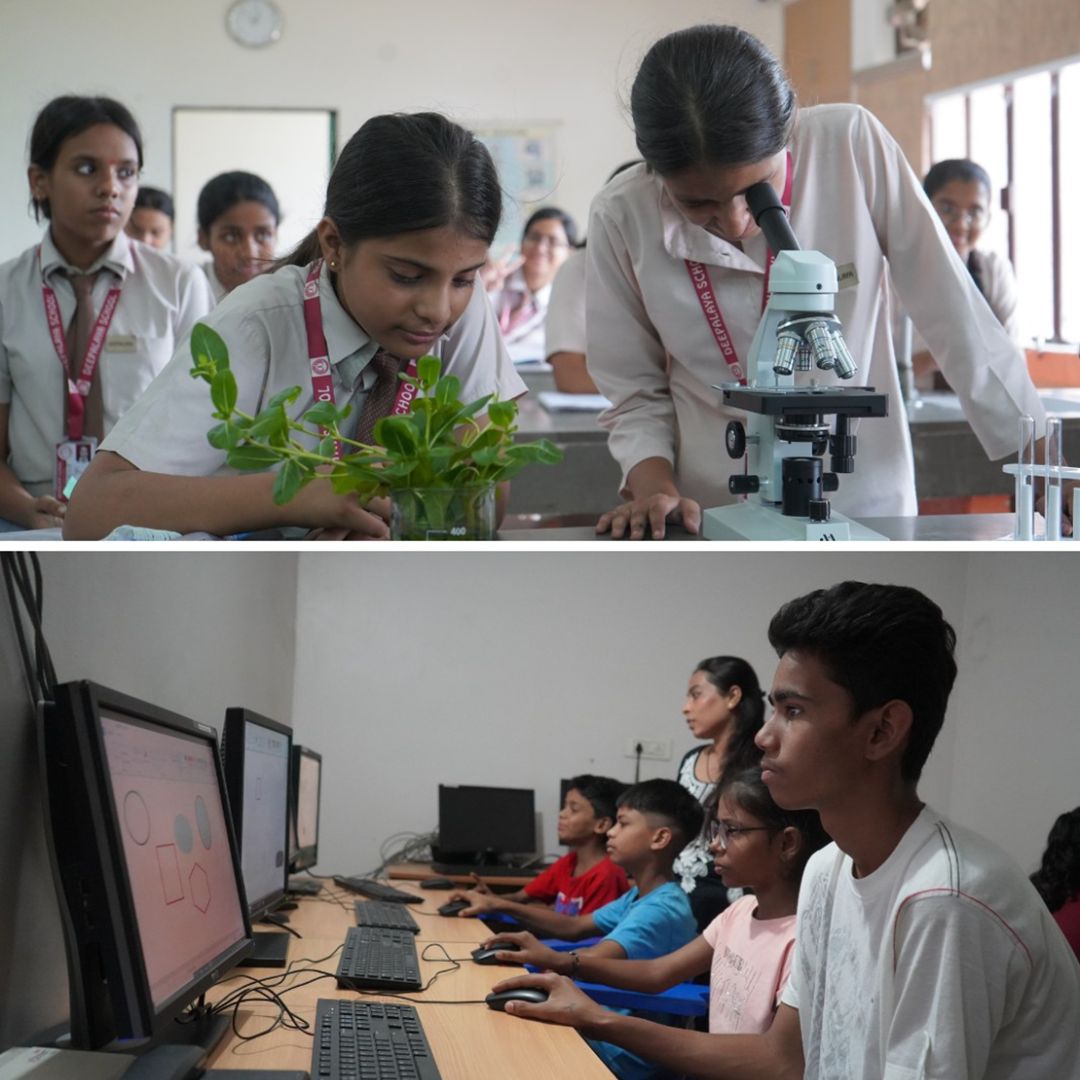In the development realm, where challenges often overshadow recognition, the Junoon Awards are a tribute to passion-driven impact and to inspire innovations and collaborations in the development sector. Derived from the Hindi word for “passion,” these awards celebrate the courage, innovation, and resilience of organizations that dare to push boundaries for the greater good.
More than just an accolade, the Junoon Awards recognize those who turn challenges into opportunities and redefine the possibilities of change, ensuring that these unsung heroes of the development sector receive the recognition they deserve. The inaugural Junoon Awards in 2023 celebrated resilience during the pandemic, recognizing organizations with remarkable perseverance and innovation. Amid the challenges of COVID-19, these changemakers adapted, found new ways to continue their work, and made a lasting impact. Their efforts stood as a testament to human strength and ingenuity, making the awards a tribute to determination and progress in the face of adversity.
Among organisations working at the intersection of education and community development, Deepalaya stands out for its deep-rooted, people-first approach that gained even more significance during the COVID-19 crisis. At a time when systemic vulnerabilities were starkly exposed, Deepalaya adapted swiftly, restructuring its education models, extending immediate relief in hard-to-reach urban and rural pockets, and ensuring that health, learning, and dignity did not take a backseat.
With a focus on children, especially girls and those with disabilities, and by engaging with families and communities as a whole, the organisation demonstrated how long-standing grassroots presence and trust can translate into resilience during emergencies. Deepalaya’s COVID response wasn’t an exception to its work but a reflection of its ongoing commitment: to strengthen systems from within, sustain participation, and remain firmly grounded in the lived realities of those it walks with.
Started in 1979 by seven professionals from different walks of life, Deepalaya began as an effort to educate children who were being left out of the formal system. In its early days, a handful of girls gathered in a small room, marking the beginning of what would become one of Delhi’s largest operational NGOs. Over the last four and a half decades, Deepalaya has reached over 20 million individuals across rural and urban areas of Delhi, Haryana, Punjab, Uttar Pradesh, Maharashtra, and West Bengal. Deepalaya believes that Children are not just the Future but also the Present!
The organisation’s journey has always been much more than education, it has been about access, equality, inclusion, empowerment, and self-reliance. While education was the starting point, Deepalaya soon expanded its work into areas like health, livelihood, and community development. Today, its initiatives range from formal schools and vocational training centres to specialised care for differently-abled children and skilling programs to promote income generation among women. Deepalaya’s teams work in some of the most marginalised geographies, from the urban resettlement communities to the most aspirational districts of the country.
At the heart of Deepalaya’s work lies a strong belief that Every Child Matters, be it the girl child or those with disabilities; each has an equal right to have access to opportunities which ensure that they grow up to be confident and future-ready citizens. Over the years, this vision has translated into a layered model of development where, keeping the child as the focal point, the community systems, family, school, health, recreational avenues, skilling & livelihood, are strengthened to sustain that child’s journey toward self-reliance.
When the COVID-19 pandemic struck, Deepalaya didn’t wait for instructions; it acted to ensure the safety and survival for all. Most of its work was already embedded in communities, which meant the team could respond almost immediately. Within days, they launched ‘Mission Salamati,’ a multi-pronged emergency response that reached over 22000 families with essential supplies of groceries and hygiene kits, along with financial support across some of the most unreached and overlooked geographies. A dedicated 24/7 helpline was set up to assist with food, counselling, and emergency services, eventually connecting with over 10,000 people.
The crisis also brought forward new challenges. Domestic abuse cases rose. Children were pulled out of school or pushed into early marriages. Teachers who were once classroom facilitators became counsellors, making house visits, sending worksheets and taking classes over WhatsApp, and holding emotional check-ins, thereby ensuring the well-being of the stakeholders. The initiation of Project Butterflies for children who lost their parent(s) to COVID provided them with long-term educational support and psychological care and counselling. Meanwhile, masks were being stitched by women trained in Deepalaya’s vocational skilling programs, and became the backbone of the relief efforts, with masks becoming the essential weapon against COVID-19.
Through the pandemic and beyond, Deepalaya’s approach has remained grounded: understand the community, invest in its strengths, and build systems that can outlast the organisation’s presence. The team continues to work closely with community members, training local women, creating platforms for youth, and ensuring that education and healthcare are accessible not as charity but as rights. From a single classroom in 1979 to a network of schools, training centres, and grassroots units across India, Deepalaya’s story is one of persistence, partnership, and the quiet power of showing up, for decades, and still going strong.
The Logical Indian’s Perspective
Deepalaya’s recognition at the Junoon Awards is a reminder that true change is built on empathy, innovation, and sustained community engagement. In a world where the most vulnerable are often overlooked, Deepalaya’s work exemplifies the transformative power of grassroots action and the importance of celebrating those who quietly drive progress.
As we honour such stories, how can we, as a society, further support and amplify the efforts of organisations working tirelessly to create a more inclusive and equitable India?












